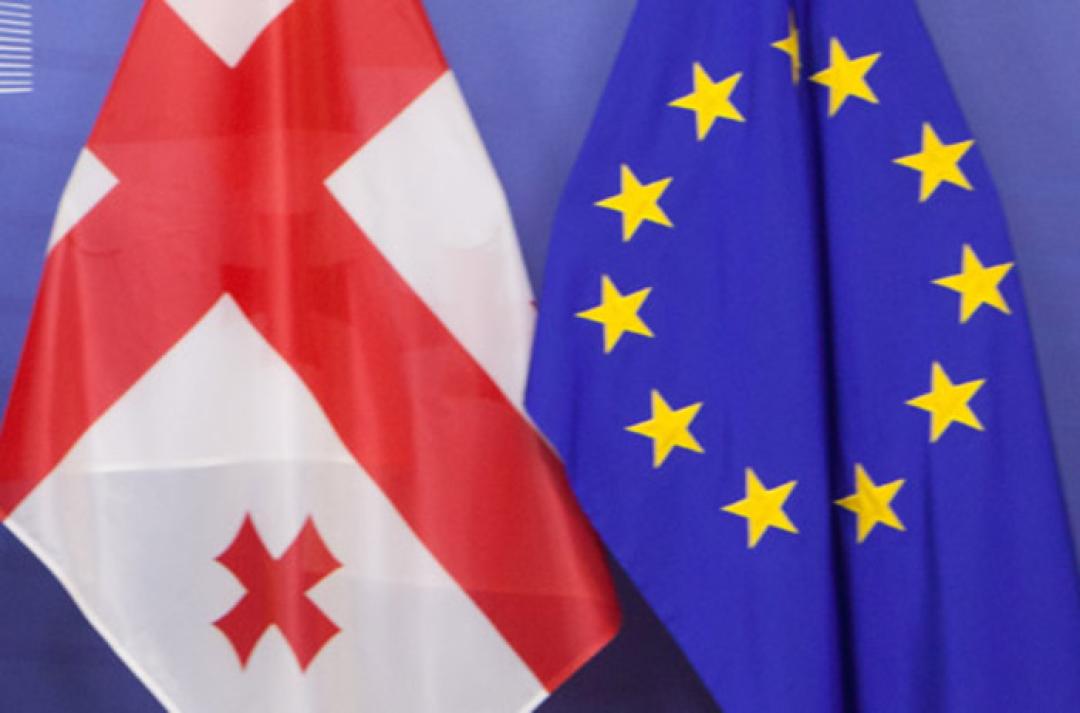
Opposition Criticizes Georgian Government on EU Recommendations; Georgian Dream Responds

On October 31, the opposition parties, Droa, Strategy Aghmashenebeli, and Girchi-More Freedom, released a united statement criticizing the Georgian Dream party's handling of the 12 recommendations made by the European Commission for the country.
The parties said their attempts to speak with the ruling team on government-controlled television networks were unsuccessful. In their opinion, all of the difficulties mentioned in the declaration restrict Georgia's path toward EU membership, according to European legislators in Brussels. The issues at hand center on the annulment of the April 19 Deal, opposition to judicial reform, and the selection of justices for the Supreme Court and High Council of Justice.
The arrest of the Mtavari TV Head, the abandonment of the anti-corruption bill that the opposition had proposed, the inability to investigate and prosecute the perpetrators of the July 5–6 violence, and attacks on the ambassadors are all topics covered in the opposition's questioning. The parties emphasized that the political resolve of Ivanishvili, the founder of the Georgian Dream, and the ruling party to carry out the EC recommendations worried European MPs.
On the same day, Vice Speaker of the Parliament Archil Talakvadze, in response, urged the opposition to address their issues in front of the legislature. "The opposition was not fully represented during the formatted Minister's Hour in Parliament, but even at half of that, these 31 questions have not even been heard yet, and they cannot even have political discussions. We refer to it as a political theatre since they just threaten from the street instead of attending meetings," Talakvadze added. He asserts that Zurab Japaridze, a member of the opposition, needs to inform the public of how and from whom he heard that the EU denied Georgia candidate status since it was not a party to the conflict. "It was remarkable when Zurab Japaridze said in the interview that declining to provide candidate status is connected to not starting a war as if he had heard about it in Europe. The public should be aware of where and when they discovered that Georgia was disregarded because it chose not to join the war since this was a concerning message," he concluded.
See Also


Simonyan: “Armenia Should Trade with Turkey and Azerbaijan Instead of Closing Borders”

Mirzoyan Meets US Deputy Assistant Secretary Joshua Huck

Azerbaijani President Holds Talks with UAE and German Business Delegations on Economic Cooperation

Grigoryan Confirms Armenia’s Readiness to Dissolve OSCE Minsk Group Upon Peace Treaty Signing

